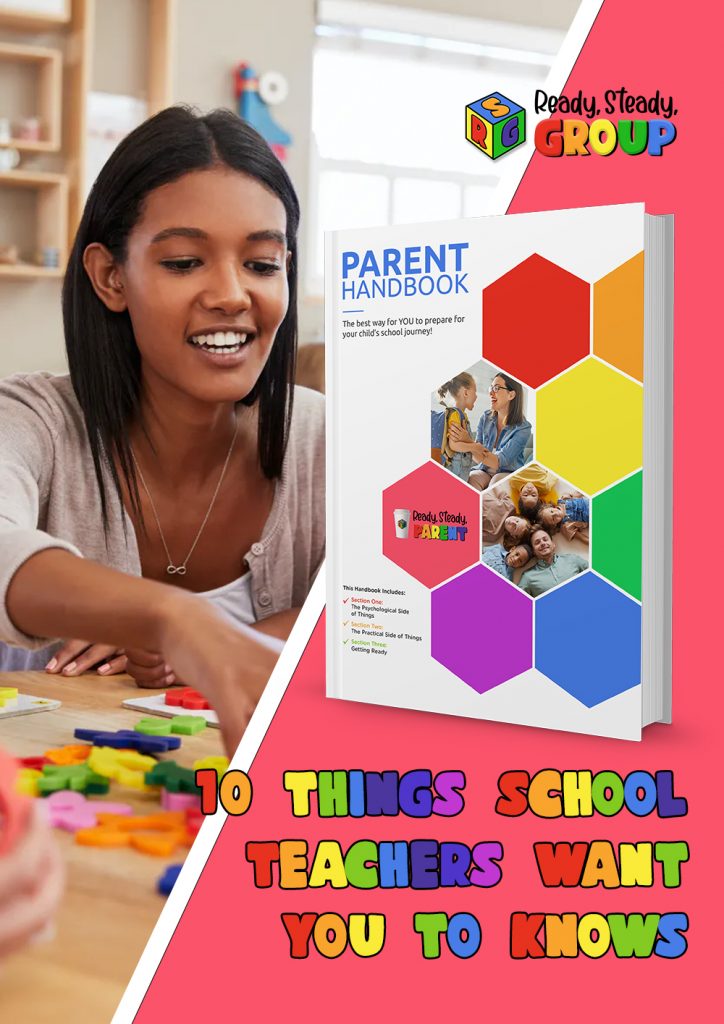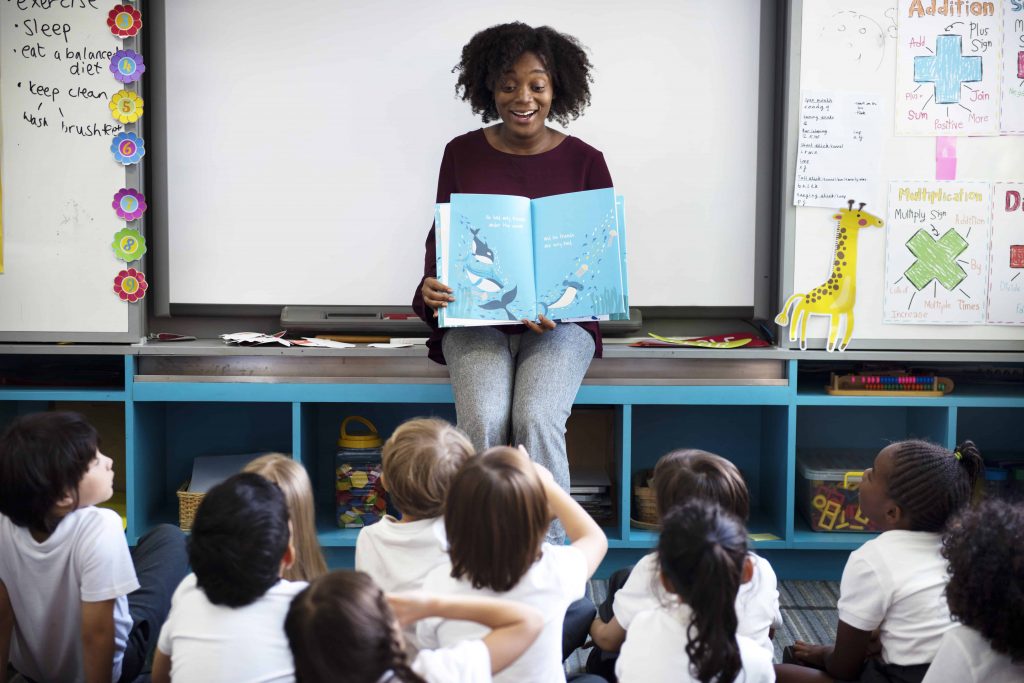Before the school year starts, generally parents may meet the teachers to find out what calibre of person will be the surrogate parents for their children while they are at school. While discussing many of the adult matters such as curriculum, expectations, and other related topics, some important things may be overlooked. Here are 10 things school teachers want you to know.
- Children learn at their own pace
We’ve all heard the saying that every child is different, and it’s true. Whether it be looks, preferences, personalities, or abilities, every child is unique in the way they interact and perceive the world around them. This is important to understand especially when it comes to the pace your child learns. When a child first enters school, they will not all progress at the same rate, and that’s okay. Each child has a natural pace that they can follow comfortably, and it’s up to both the teachers and the parents to understand this and adjust accordingly. This doesn’t mean that they will be left to lag behind, rather the children will be instructed and helped along where they find difficulty, to help them learn what is required by the standards set by the school.
- We all learn differently
Aside from pace, as a parent, it will be important for you to understand how your child learns. Some children do better when presented with visual information, some of them absorb information best when they’re listening to someone speak, and others learn best when reading by themselves. Each child has a unique way of learning, and it is integral to your child’s well-being to understand how they do it, and to encourage them to learn the best way for them. The old teaching style of making students sit quietly and read aloud may not be the best fit for your child, and that’s perfectly normal. Understanding the unique way your child learns best is more important than following old traditional teaching. One way to better learn how to help your children develop their learning style is by enrolling in the Ready, Steady, Learn program.
- Let them play
When your child is young, lessons are not the only form of education. Allowing your kids to play with others is an important part of their social education. Play lets them encounter different types of situations, like learning how to share toys, how to stand their ground, and how to make friends. Play is an essential part of your child’s growth and development and should be allowed to happen naturally.

- Your children want you to be proud of them
When faced with uncertain situations, kids always look to their parents for support. When they know you have their backs or are proud of them for trying, it does wonders to their sense of confidence. Letting your children know that you are proud of their endeavours gives them the assurance that they’re heading in the right direction and gives them the little boost they need to face their challenges head-on. Showing your kids that you see that they’re trying their best helps them brave the obstacles that they face when they go to school for the first time.
- We all have bad days
As the guardians of your children whilst they are in school, we teachers understand that it is our duty to set a good example for your kids. However, it is important to understand that we are just humans too and that we will make mistakes. While most days are good days, sometimes we’ll have off days, and we won’t be able to make the right call, whether it be from figuring out which child started a disagreement or setting the right kind of task for your child’s specific learning style or ability. Just like you, dear parents, we are also in the process of growing and learning to understand your children. Rest assured, teachers always give 100% in educating and shaping the students under their care and carry only good intentions for your kids. Aside from this, even your kids will have bad days. They may feel uninspired to learn, tired, or irritable, and that’s alright. Learning how to counter these negative feelings is important for your child’s development, but it is equally important to let them know that these feelings are normal.
- It’s best to stay committed
It is imperative that children understand the concept of routine and stability. Staying committed to a school is part of this. When your kids have a stable schedule, a familiar environment, and a friendly face as their figure of authority; it will help them grow and blossom into well-adjusted preteens. Constantly changing schools and environments will not be helpful to your child’s growth, and instead will give them added stress by having them need to readjust to their environments and unfamiliar faces every start of the school year. Staying committed to schedules and schools helps deter this. Learning how to pick the right school for you and your children is equally important, and you can learn how to do that here in the Ready, Steady, Parent program.
- Being excited is important
Being excited for the school year is also very important. Children pick up on more things than you realise. When a parent shows hesitation, their child will also be apprehensive. When a parent shows excitement or joy, the child will feel excited as well. Being excited for them to go to school will set the tone for your children and will help them sense there is nothing to fear about going to school.
- Children pay more attention than we realise
Understanding that your children pay attention to more than you realise is crucial to forming their personalities and values. Kids imitate what they see around them, and normalise it. Children are more likely to behave a certain way when they are constantly exposed to something, as opposed to being told that they should behave so. When they see adults and older kids behaving politely and kindly, they will be more likely to be polite and kind as they grow up. Realising that their environments shape them more than you think lets you understand that your kids behave the way they see their immediate influences behave, and helps you understand why they behave the way they do.
- You can talk to us
We are your kid’s teachers, mentors, and instructors but, we know you know them best. If you feel any concerns for your child; be it academic performance, social skills, or even little quirks about your child that you feel may be important, we’re all ears. Teachers and parents need to foster good relations so that both parties know what the children are exposed to align with the values of the family and the school. Teachers welcome any new information that may help them understand the kids under their tutelage.
- We really do love your kids
Last, but not the least, we do love your kids, truly. Part of the reason teachers become teachers is that they love kids. Being able to help develop young minds into socially adept and bright-eyed people is an important reason for teachers to exist, and this cannot be done without having a loving mentor nearby. Even if we have to break up disagreements between students, or teach children what they’re doing when they misbehave, it does not mean they do not love your children. It means that they are willing to do what it takes to form them into compassionate adults who understand what right and wrong are and lead them down the path to a bright future.
Moving into the school year armed with this knowledge, teachers hope that parents will rest easy knowing their kids are in good hands.




